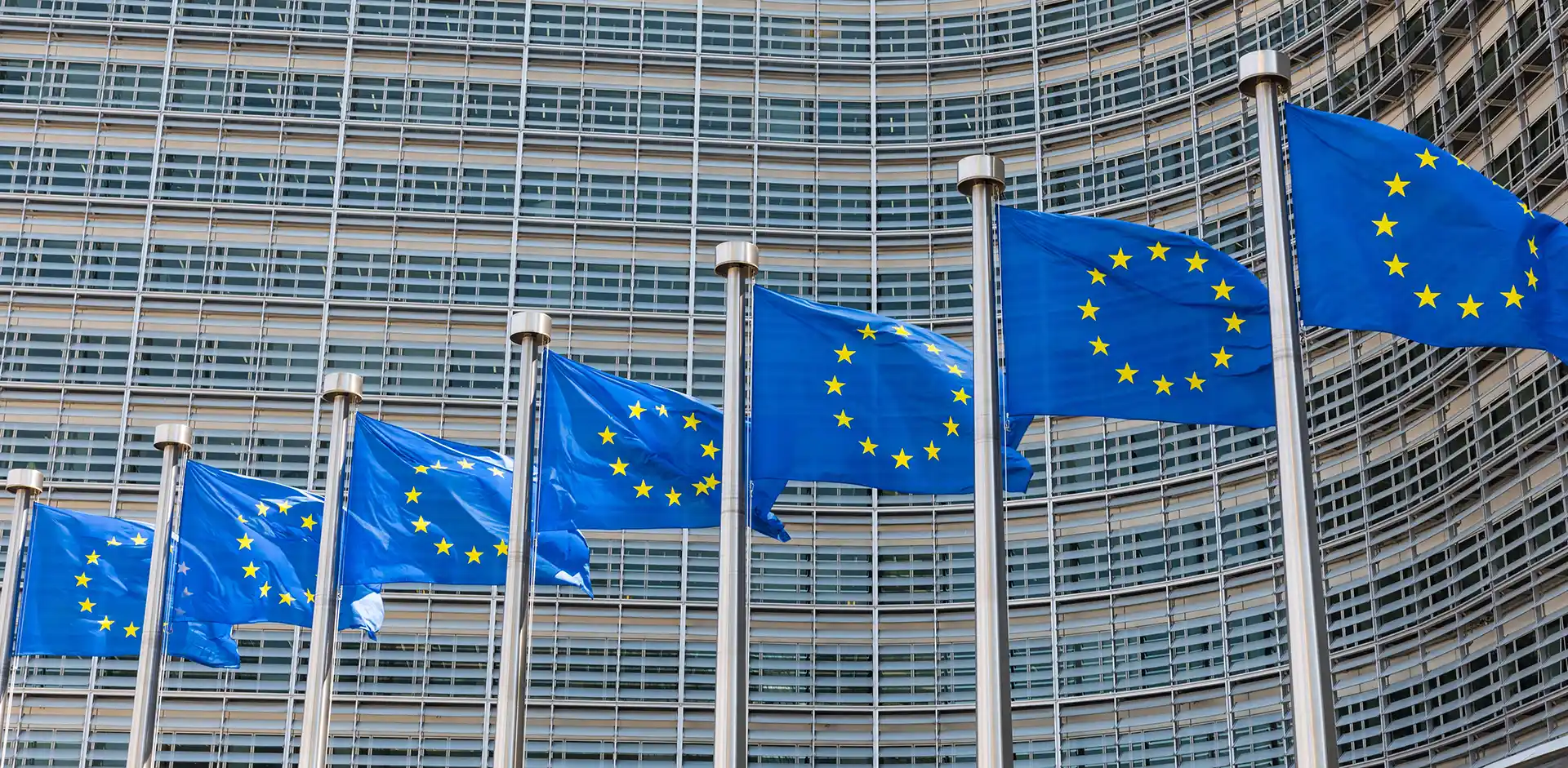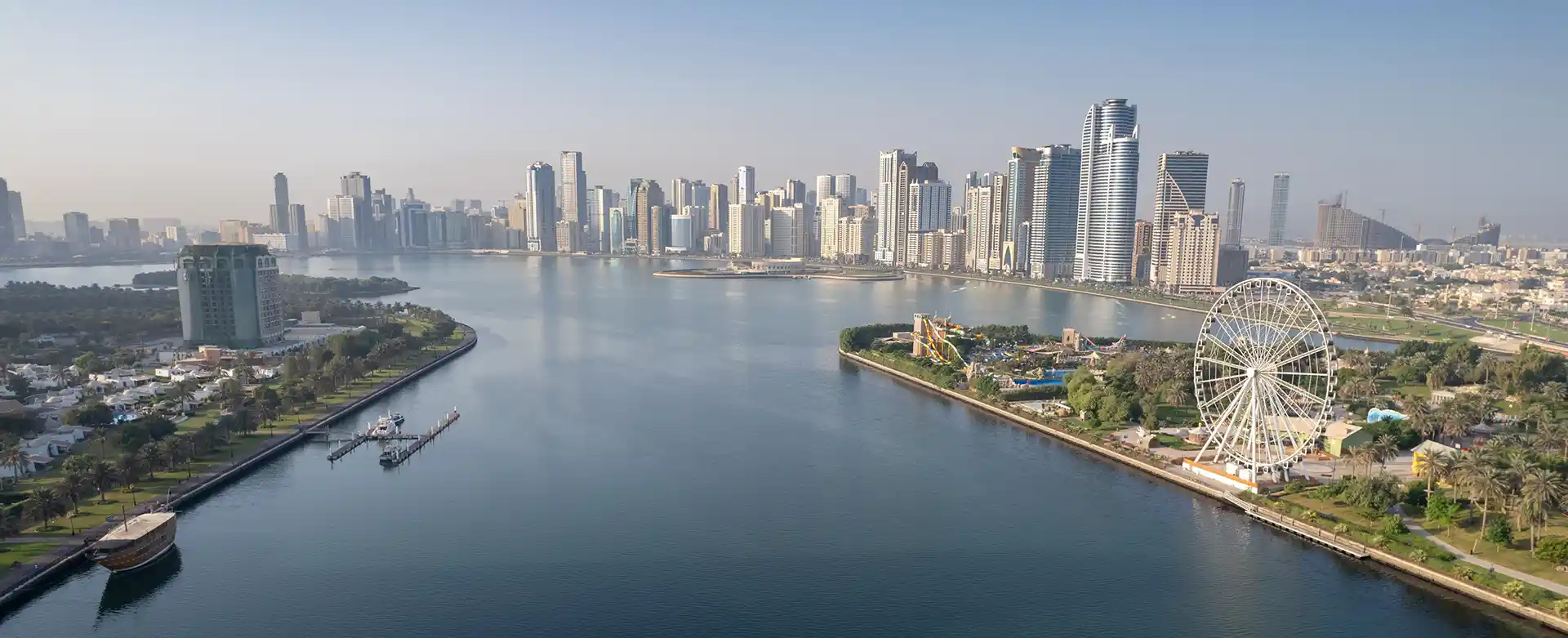

Israël
Classement du passeport de l'Israël
Le passeport israélien se situe actuellement à la 18 place selon le Guide Passport Ranking Index. Il octroie un accès sans visa à 165 pays. Avec un score de mobilité élevé, c'est l'un des passeports les mieux classés au monde. Les détenteurs d'un passeport israélien bénéficient d'un accès sans visa et de visas à l'arrivée dans des pays tels que le Royaume-Uni, la Russie, le Japon et l'ensemble de l'Union européenne. Ils peuvent ainsi voyager presque immédiatement dans le monde entier. Les détenteurs d'un passeport israélien ont toutefois besoin d'un visa pour accéder à 64 destinations dans le monde. Les pays pour lesquels un visa est nécessaire incluent notamment la Chine et l'Inde.
Passport Ranking
The passport ranking relative to other global passports is calculated by adding up the number of countries that allow passport holders to enter without a visa (i.e. visa-free countries) and those that allow passport holders to enter by obtaining a visa on arrival (i.e. visa-on-arrival countries) or an electronic travel authorization (eTA). There are currently a total of 126 passport visa-free countries, 29 visa-on-arrival countries, and 10 eTA destinations.
Altogether, passport holders can enter a total of 165 destinations—either without a visa, through a visa on arrival, or via an eTA. As a result, the passport ranks 18 in the world.
Separate from these visa-free countries and visa-on-arrival countries, there are 64 additional destinations which passport holders either need a physical visa to enter or an eVisa (i.e. visa required countries).
About Israel
The State of Israel consists of six districts and is located in the Middle East. The most important provinces are Tel Aviv, Haifa and Jerusalem. The nation is bordering Jordan, Egypt, Syria and Lebanon. Israel is the 16th largest country in the Middle East with a surface area of 20,770 square kilometers. The geography is characterized by a variety of terrains: central mountains, coastal plains and desert in the south. Its climate is mostly temperate with hot and dry climate in the desert areas.
The overall population is over 9.2 million people. The capital of the country is Jerusalem, which is also the most populated city with around 936,425 inhabitants. It is followed by Tel Aviv and Haifa. The largest airport is Ben Gurion Airport (TLV) with 24 million annual passengers. Ramon Airport (ETM) is the second biggest airport. Both airports together cover domestic and international routes connecting Israel to destinations all around the world
Israeli culture is heavily influenced by the Jewish religion and its regional history. Judaism is predominant. The official language is Hebrew. The legal system is based on the civil law, influenced by English, Jewish, Christian and Muslim laws. The government type is a parliamentary democracy. The chief of state is the elect President Reuben Rivlin and the head of government is the elected Prime Minister Binyamin Nethanyahu.
The official currency is the Israeli Shekel (ILS) with the current exchange rate being ILS 3.3 to the USD. The country has an open economy, generating a GDP of approximately $372 billion. Its citizens have a per capita income of $40,336. The GDP is mostly made up of 2 key sectors, which are services and industry. A major GDP contributor with is the high technology industry. Some of the most important export products are high tech products, wood and paper, potash, citrus fruits and vegetables.
Israel is a widely loved tourism destination attracting visitors from all over the world. There are 9 UNESCO world heritage sites around the country, beautiful beaches and religious sites. In recent years the country has become a destination for eco-tourism and adventure travel. Some of the major destinations include Jerusalem, Haifa, Nazareth, Jaffa, the Dead Sea, Bethlehem and the Sea of Galilee. The nation has a total of approximately over 4.6 million tourists visiting every year with the majority originating from Russia, Europe and the United states.
Vérifiez si vous avez besoin d'un visa pour votre prochaine destination
Actualité et derniers articles

L'UE renforce les règles relatives aux voyages sans visa

Les Émirats arabes unis élargissent les options de visa de visiteur avec quatre nouvelles catégories et des règles mises à jour








































